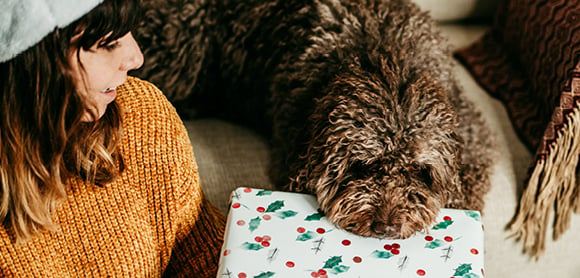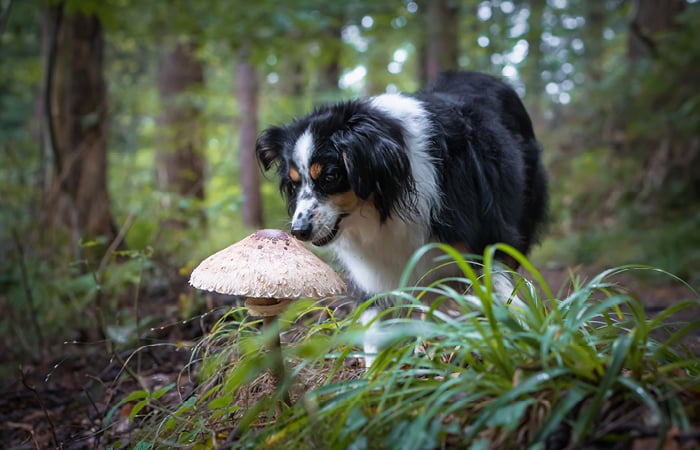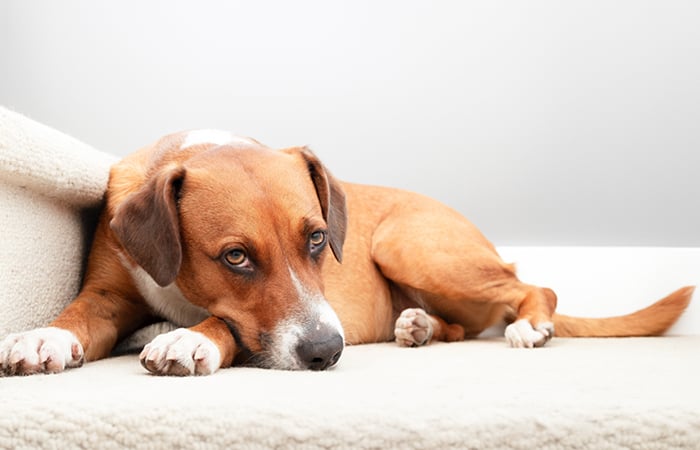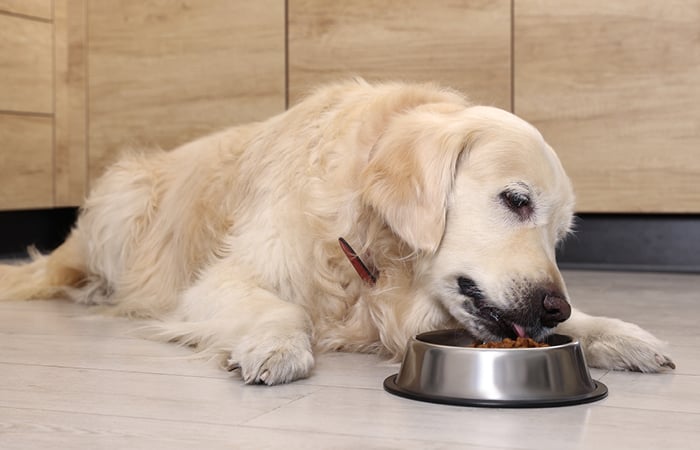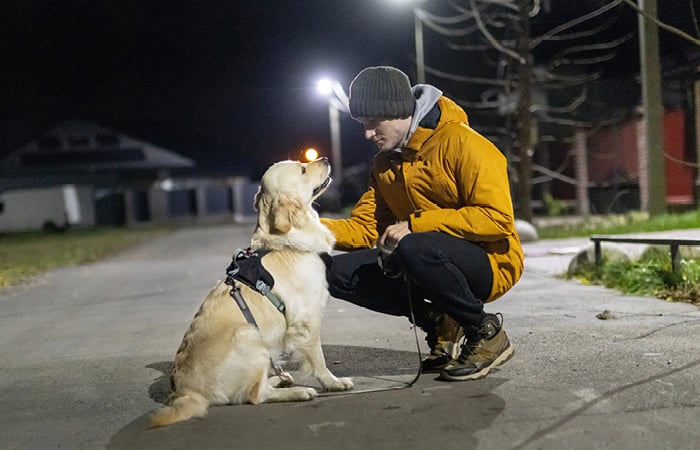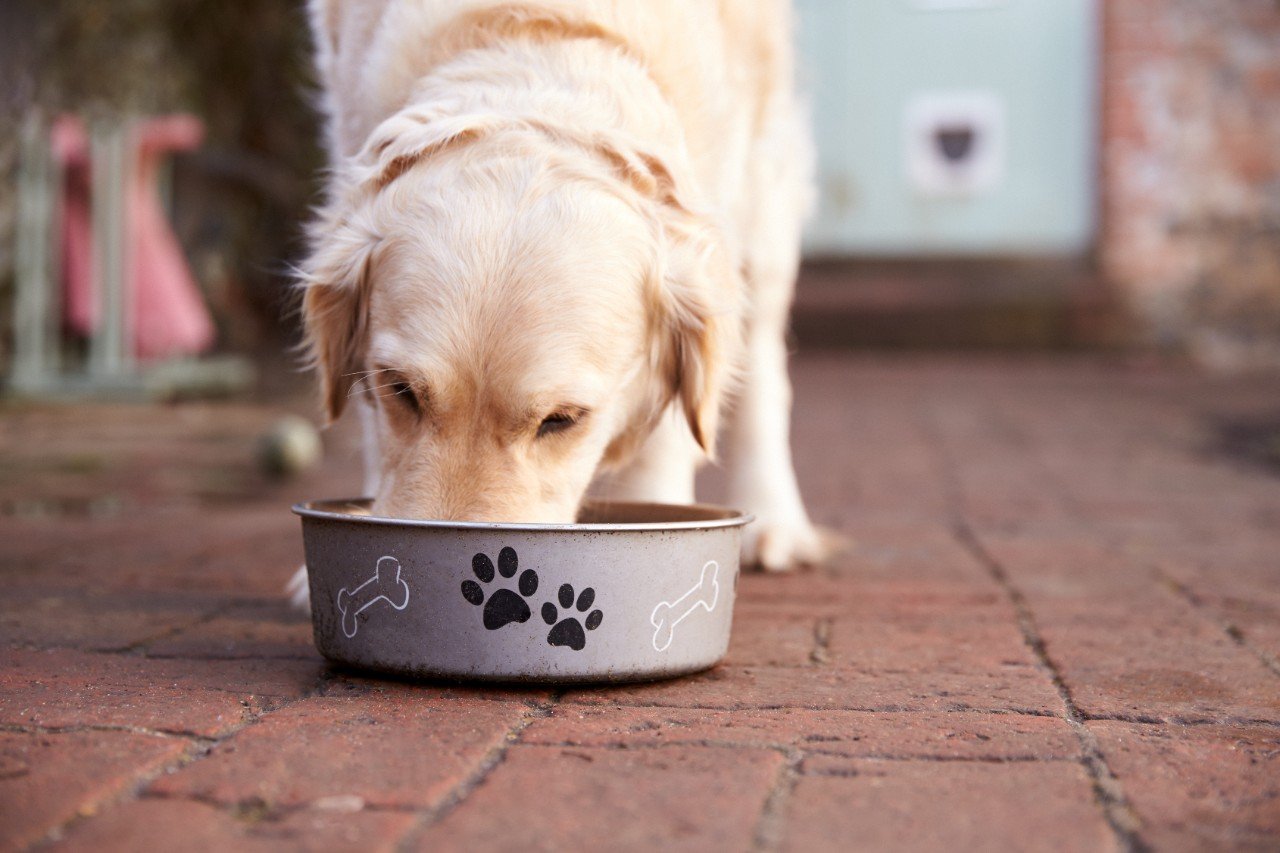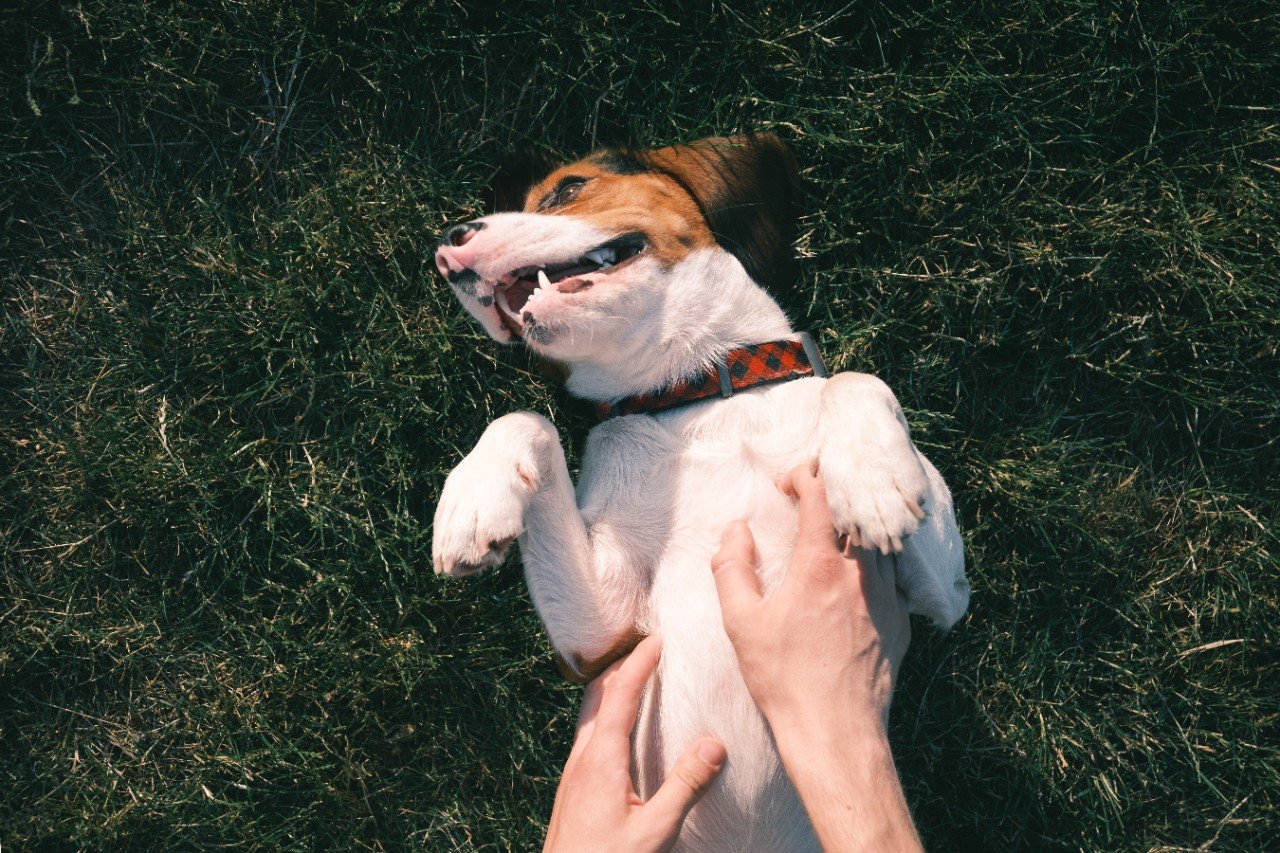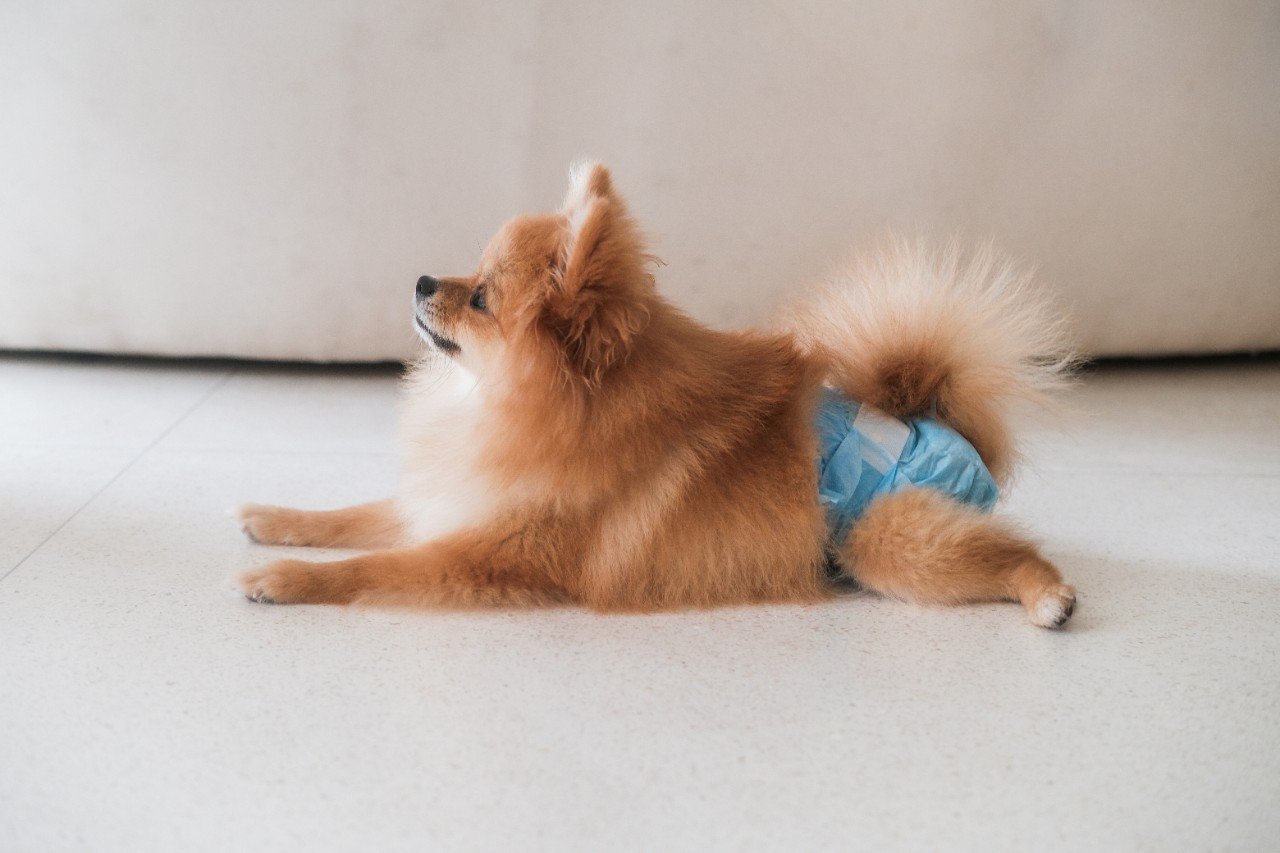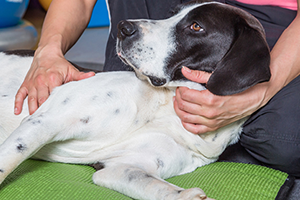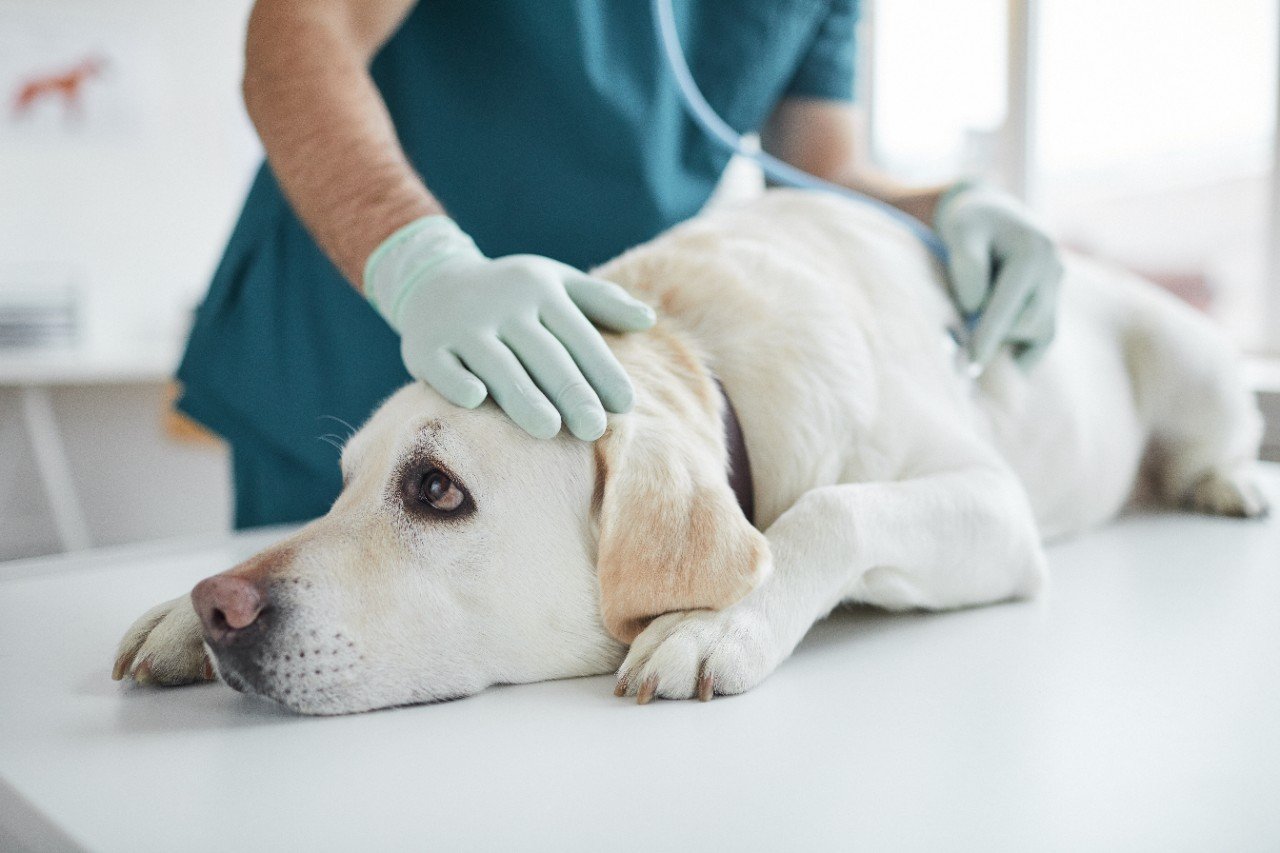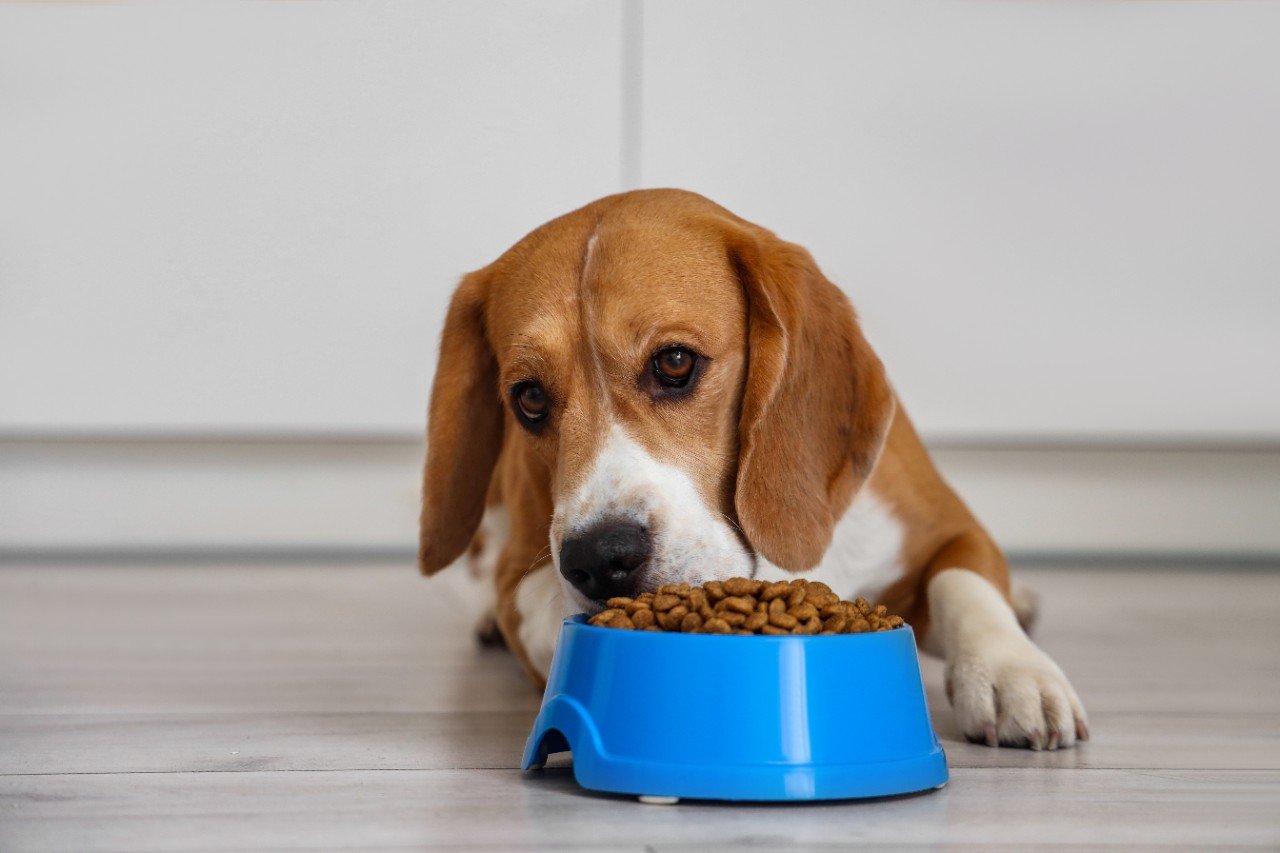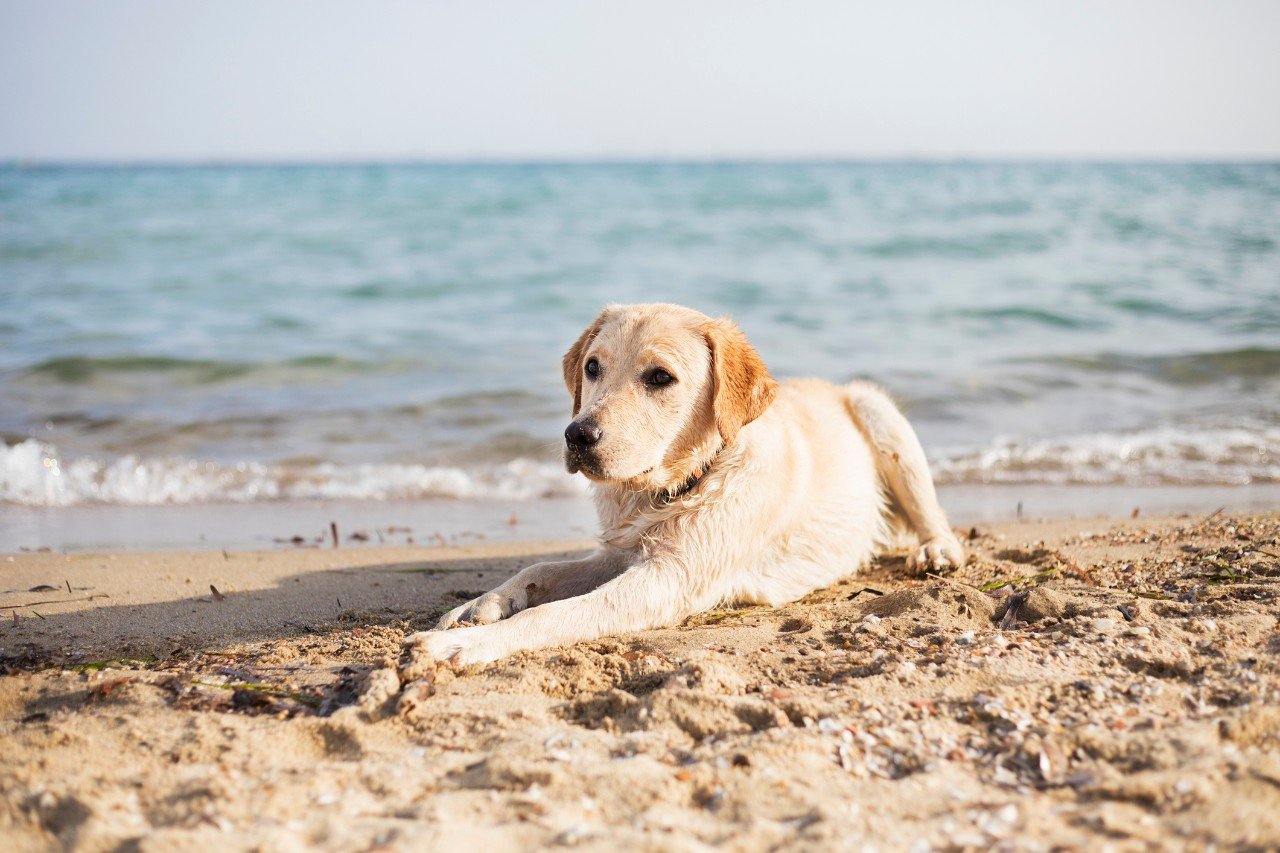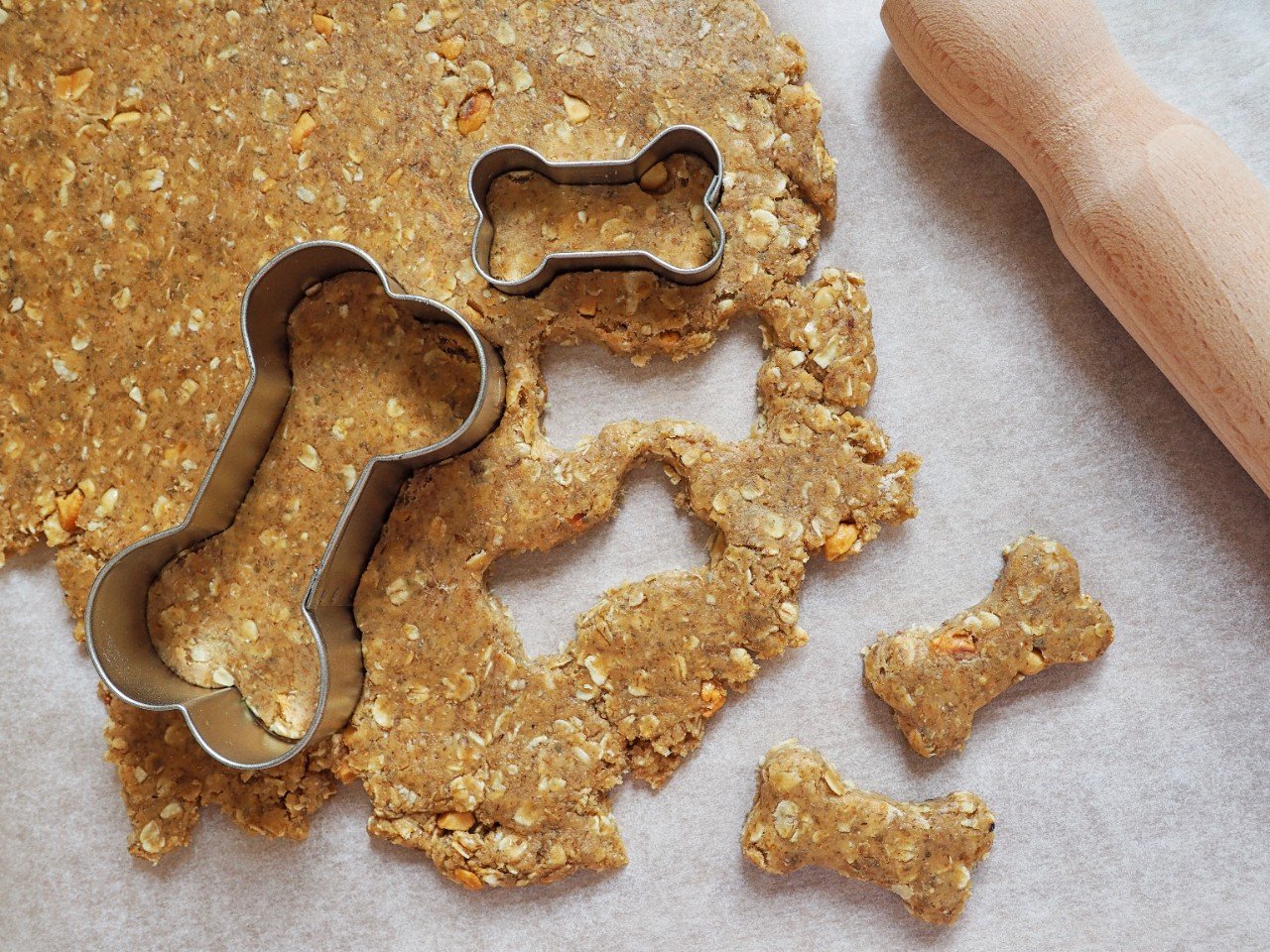Not unlike humans, winter can be tough for pets with arthritis, as the cold often intensifies joint stiffness and pain.
In winter, senior cats with arthritis need a little extra attention to stay warm, fit, and healthy. Consider providing a heated pet pad to ease joint aches and ensure they can easily access their favourite cosy spots. For dogs, especially those with osteoarthritis or degenerative joint disease, simple home adaptations like ramps can make it easier for them to move around without risking slips and strains. Adjusting their exercise routine to include gentle walks and brain-teasing puzzles can also help keep them active without overstraining their joints.




